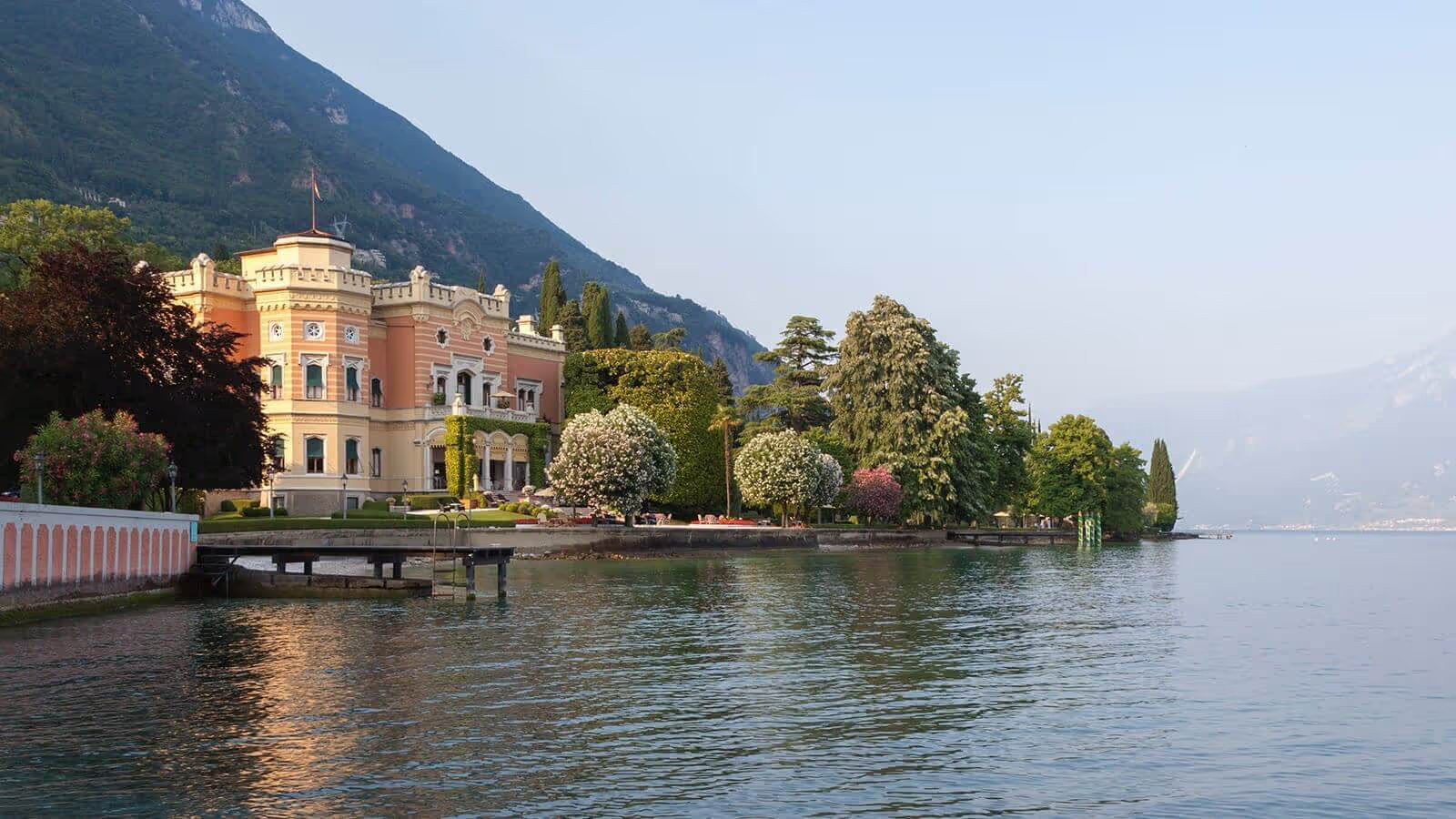Our Experiences
exlore a small selection of our most popular experiences:

Best of Botswana



Botswana offers an unparalleled safari experience: luxurious lodges, pristine wilderness, sustainable tourism and abundant game-viewing. From sundowners by your private pool on the waterways of the Okavango Delta to a dawn helicopter over the Chobe National Park to catch the sunrise, let us put together your perfect itinerary exploring this diverse country.

Iceland



Embark on an extraordinary journey that combines the rugged, untouched beauty of northern Iceland at world-renown Deplar Farm, with the cultural allure of Reykjavik and the Blue Lagoon. Depending when you visit, highlights include whale-watching in dramatic fjords, luxuriating in geothermal pools, heli-skiing, hiking and a chance to see the magical Northern Lights.

Magical Malaysia


Whether exploring on-board the opulent Eastern & Oriental express, enjoying tropical Langkawi, or trekking in search of wild orangutans in the Danum Valley, luxury, culture, and wildlife culminate in an unforgettable adventure across Malaysia.

Maldives: Reset & Recharge


Immerse yourself in the ultimate tropical getaway with an exclusive trip to the Maldives. This idyllic destination promises unparalleled luxury, pristine beaches, and vibrant marine life, offering a perfect blend of relaxation and adventure.

Chile Unveiled

From the arid beauty of the Atacama Desert to the stunning fjords of Patagonia, this journey offers an immersive exploration of one of South America's most captivating countries. Experience the diverse landscapes and rich culture of Chile with your carefully curated itinerary.

Panama




Panama is an underrated destination begging to be explored by adventurous travellers; begin in the forests of El Valle and coffee plantations of Boquete before hopping on a scheduled plane transfer for whale-watching and a plethora of activities at world-renowned Islas Secas, a luxury hideaway of 14 islands in the Gulf of Chiriquí.

South of France

From the cerulean blues of the Cote d'Azur to the hilltop towns of the Vaucluse, the South of France is so much more than just St Tropez. Discover the natural beauty of the Camargue region, known for its wild horses, pink flamingos, and expansive wetlands, or visit the Atelier Cézanne in Aix-en-Provence, the former studio of Paul Cézanne.

The Galapagos


Begin your journey in Ecuador: from the vibrant capital of Quito and the scenic Andean Highlands, to the unique Cloud Forest, the small but mighty country has a rich cultural heritage perfectly team with a voyage through the Galápagos. Whether aboard a deluxe vessel, where unparalleled comfort meets the raw beauty of one of the world's most unique ecosystems, or a luxurious island lodge, the Galápagos offers unparalleled natural wonders.

La Dolce Vita



Embark on the ultimate bespoke Italian road trip, a journey that spans the peaks of the Dolomites to the beaches of Ischia, via the likes of Lake Como, Umbria, Florence and Capri. This adventure promises a perfect blend of stunning landscapes, rich culture, and unforgettable foodie experiences.

Under the Tuscan Sun


Embark on an unforgettable adventure through the enchanting landscapes of Tuscany and Umbria, where rolling hills, historic towns, and culinary delights await. It’s honeymoon heaven: rolling hills & cypress tree lined roads, private vineyard tours and wine tastings in the most romantic of settings, farm-to-table gourmet meals, and waking up in hotels transformed from medieval castles.

South Africa & Mozambique


Embark on an unforgettable journey that blends the thrill of South Africa's untamed wilderness with the serene beauty of Mozambique's coastal paradise. This exclusive itinerary takes you from luxurious lodges where you'll embark on thrilling game-drives, to pristine beaches where, in the summer months, you can watch majestic humpback whales from your lounger.

Gorillas and Grasslands



Embark on a once-in-a-lifetime adventure which combines gorilla-trekking in Rwanda with a quintessential safari of game-drives and luxury lodges in Tanzania. This meticulously tailored journey offers unparalleled wildlife experiences in two of Africa's most exclusive destinations.

Sumbanese Secrets


Sumba, an unspoiled island in Indonesia, offers a unique blend of natural beauty, rich cultural heritage, and exhilarating adventures. From surfing and wild horses to cascading waterfalls and unique diving, Sumba is the ultimate honeymoon destination for couples seeking a sense of adventure.
.avif)
Call of Cambodia

Cambodia is a wonderful microcosm of South-East Asia; our highlights include the floating villages on the Tonle Sap, treks to see wild elephants in the densely forested Northeast, the majestic temples of Angkor, and night swims with bioluminescent plankton around secluded islands.

Start your experience now



.avif)